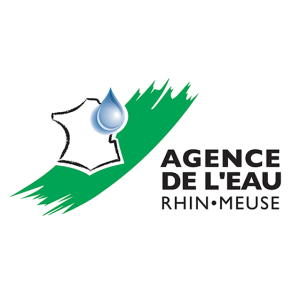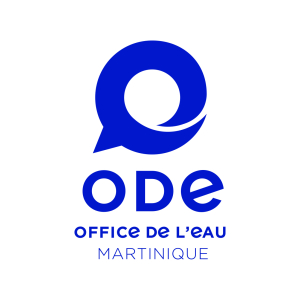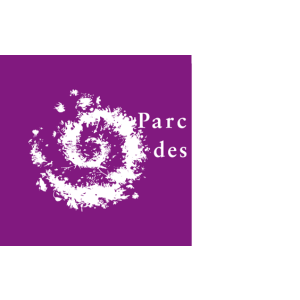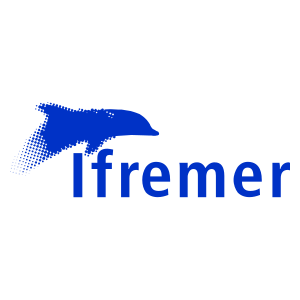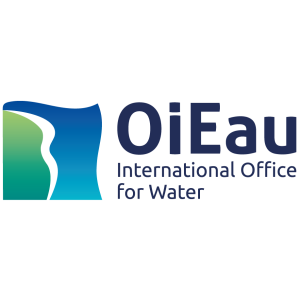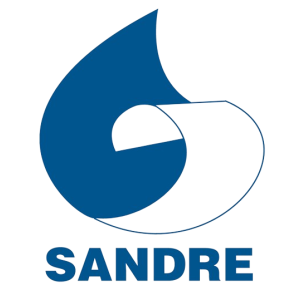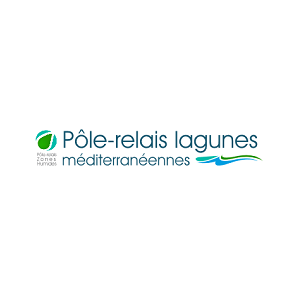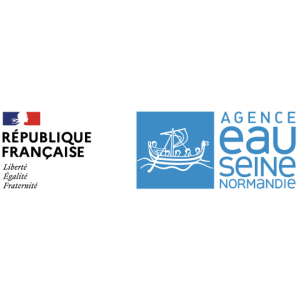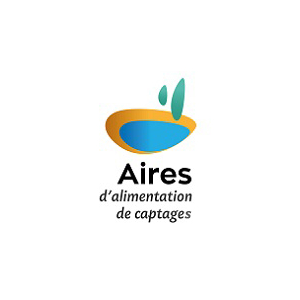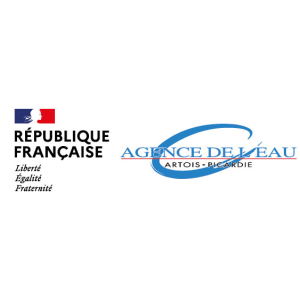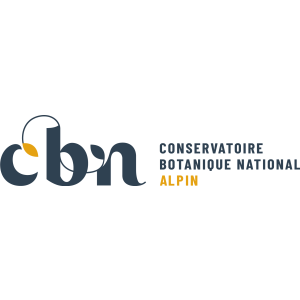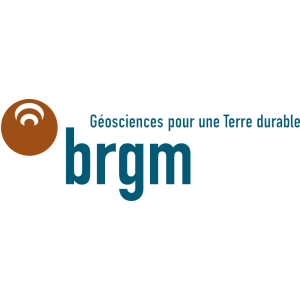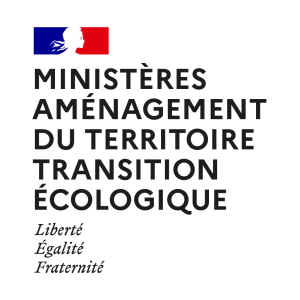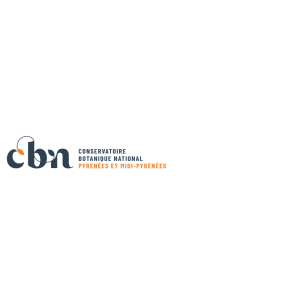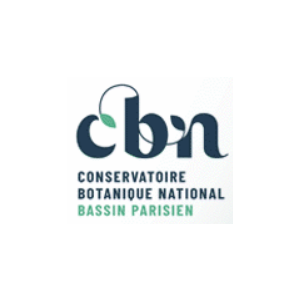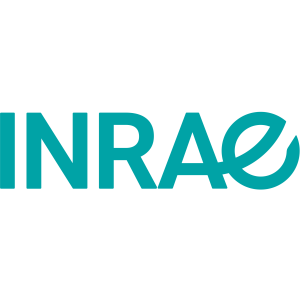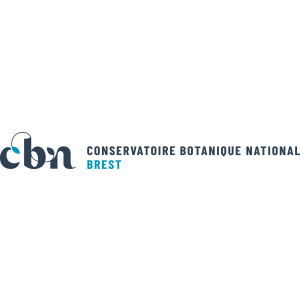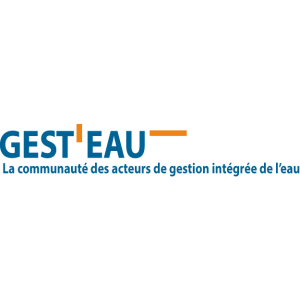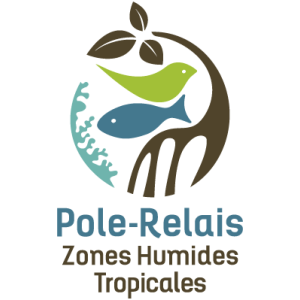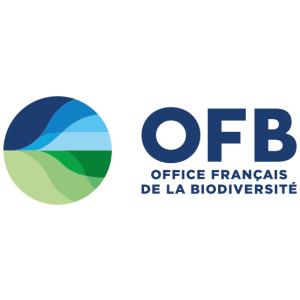
Document généré le 07/12/2025 depuis l'adresse: https://www.documentation.eauetbiodiversite.fr/fr/notice/aspects-technologie-peche-de-la-campagne-juvesu-99
Titre alternatif
Producteur
Contributeur(s)
Identifiant documentaire
9-2647
Identifiant OAI
oai:archimer.ifremer.fr:2647
Auteur(s):
Meillat, Marc
Mots clés
Gwen Drez
Fishing technology
pelagic trawl
fishing gear
trawl survey
Gwen Drez
Technologie des pêches
chalut pélagique
engin de pêche
campagne de chalutage
Date de publication
30/12/1999
Date de création
Date de modification
Date d'acceptation du document
Date de dépôt légal
Langue
fre
Thème
Type de ressource
Source
Droits de réutilisation
info:eu-repo/semantics/openAccess
Région
Département
Commune
Description
IFREMER's "Fishing Technology" team participated in the JUVESU99 campaign from 1 to 13 September. The equipment tested was the same as that from the SURFET99 campaign, a pelagic trawl with a surface area of 47.75 x 43.75 with netting of 500 metres of cables, 120-metre arms of equal length above and below, and a ballast of 40 kg to each wing tip The pelagic panels used were panels from the company TYBORON of "type 8" lent through the intermediary of the Kéroman company, Dock et Entrepôts Maritimes. The trawl's collection of balls consisted of a cluster of ten 11-litre balls on each upper wing tip, and a cluster of five 11-litre balls on each side of the square. The total collection of balls was therefore thirty 11-litre balls along the back rope of the trawl, with each cluster of balls fastened along the threadline via snap hooks. The latter made it possible to untangle the balls before the trawl moves onto the retractor.
The only modification done to the rigging during the JUVESU99 campaign by the crew focused on simplifying the operation of retrieval on the retractor: the 5-metre legs and the 7-metre protractors, initially mounted wing to wing, were eliminated.
The rest of the rigging was identical to that used during the SURFET 99 campaign.
During the campaign, we withdrew the upper leg of the port panel, which always had a tendency to rise to the surface before the starboard panel. After this modification, the fishing train was better balanced.
Accès aux documents
0
Consultations
0
Téléchargements

